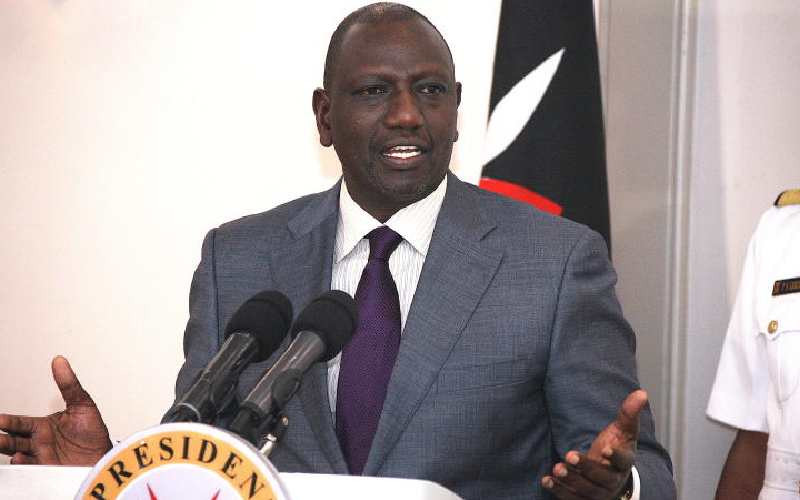×
The Standard e-Paper
Stay Informed, Even Offline

President William Ruto. [Wilberforce Okwiri, Standard]
President William Ruto's delivery of the bottom-up economy will most likely determine how successful his administration will be over the next five years.